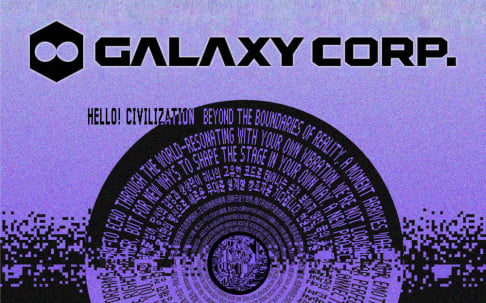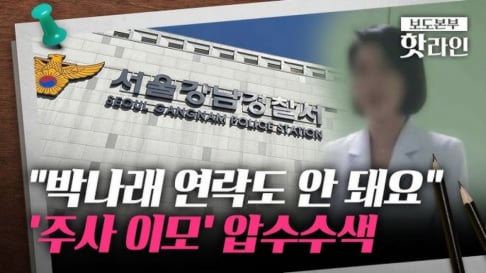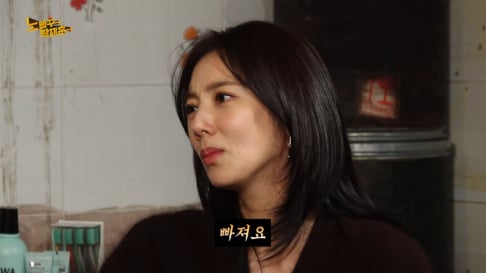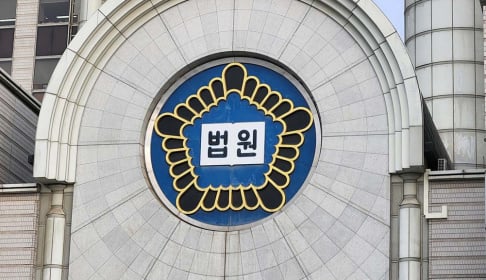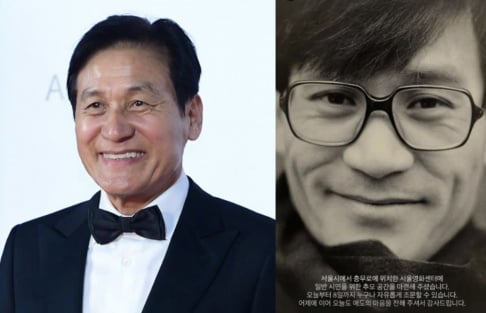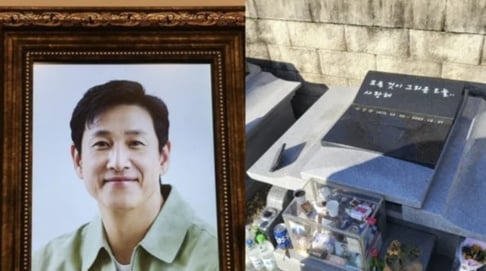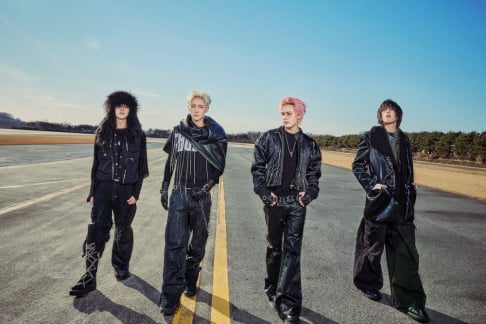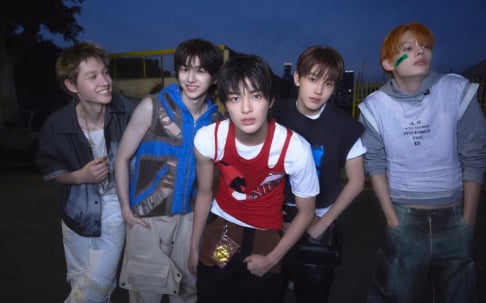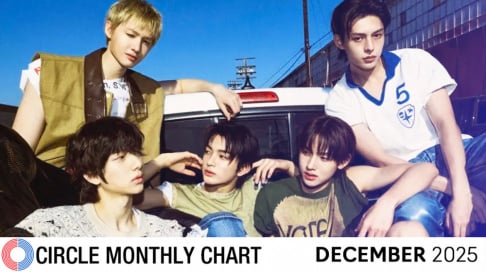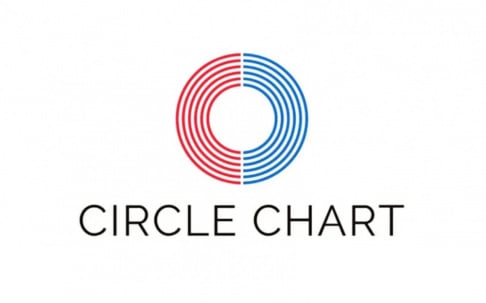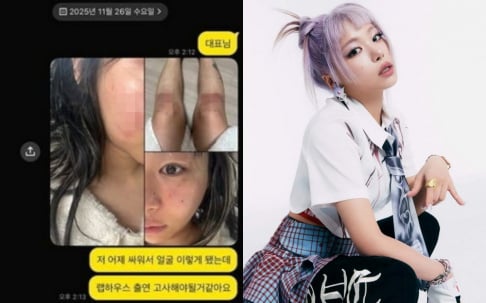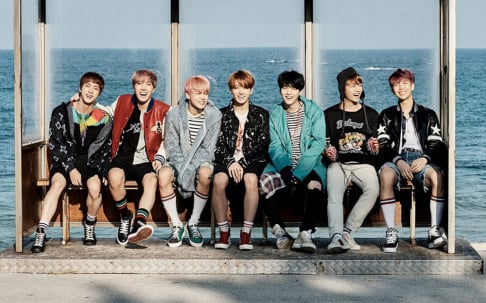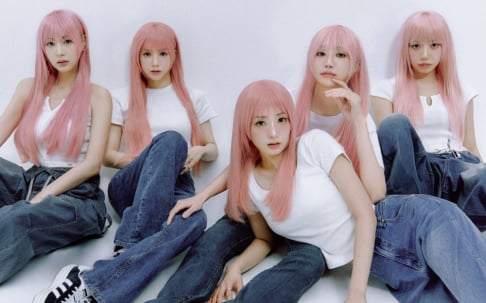
A K-pop idol who was allegedly forced by his agency to sign a multi-billion KRW “debt memorandum” over a personal matter has won a legal battle against the company. The ruling is being hailed as a significant warning against the entertainment industry’s long-standing “slave contract” practices.
A “Noose” Agreement Written on the Back of a Dream
For idol 'A,' a member of a four-member male group, debuting as an idol was a desperate dream, especially as a 28-year-old making a late second attempt in the industry. He staked everything on his career. But that dream was suddenly put at risk.
On January 8, 2023, 'A' spent the night with a woman he met during a drinking gathering with hometown friends. A week later, on January 15, his agency 'B' presented him with a shocking written agreement - “The undersigned (A) admits to all facts regarding the scandal and agrees to compensate for all resulting financial damages.”
The scope of compensation was virtually unlimited: the full cost of producing and promoting the group’s first album, all penalties stipulated in the exclusive contract, and any additional penalties determined by the agency. The agreement even included a clause stating that if 'A' could not pay, the company could demand compensation from his parents and relatives.
Out of desperation to continue group activities, 'A' signed the document. But just two days later, on January 17, the agency announced his departure from the group and the termination of his contract. The company then filed a 200 million KRW (~145,024 USD) damages lawsuit against him, citing the agreement.
Court states “Private Relationship Is Not a Contract Violation”: Agreement Declared Null and Void
The agency argued that A’s sexual encounter constituted a clear breach of contract by damaging his dignity as an idol. However, Judge Kim Noa of the Seoul Central District Court rejected the claim and dismissed the lawsuit in full.
The court examined whether A’s actions violated the “duty to maintain dignity” clause in the contract. According to the ruling, a breach would require conduct that “damages dignity to the extent that it interferes with the provision of cultural and artistic services.”
The court noted that A’s sexual activity did not constitute a criminal offense, nor was it reported in the media. As such, it was difficult to deem it a violation of the clause, since the private relationship was neither illegal nor publicly known, and thus did not hinder his professional activities.
The court also ruled on the validity of the “debt memorandum,” declaring it null and void under Article 104 of the Civil Act, which addresses “unfair legal acts.”
Judge Kim acknowledged A’s vulnerable position, being older than most idol members and having previously failed to succeed in another group. The court found that the agency exploited his desperation to impose an unfounded and exorbitant financial obligation worth billions of KRW.
Ultimately, the court dismissed the agency’s 200 million KRW damages claim entirely and ordered the company to bear all litigation costs. The agency’s attempt to shackle an artist’s dream with an unfair agreement was decisively struck down by the court.
 SHARE
SHARE

